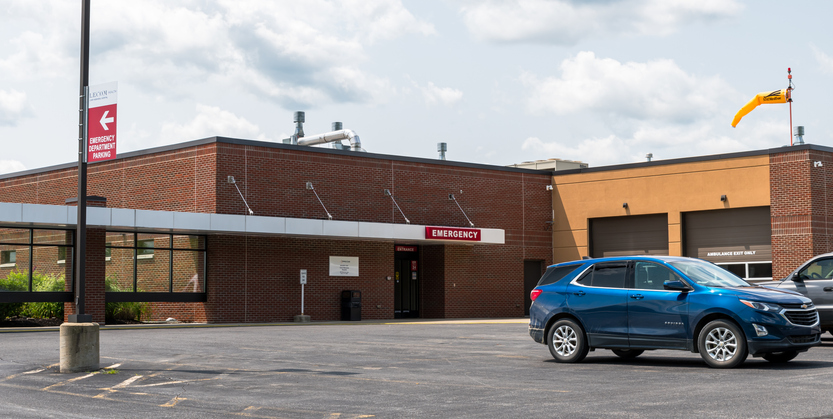Americans are continuing to return to work and stay employed in 2018 as the American economic machine continues to roar, according to new statistics released by the U.S. Department of Labor’s Bureau of Labor Statistics (BLS).
Economic conditions continued to improve in July, according to BLS’ August 3 report of the previous month’s job situation. The national unemployment rate fell from 4.0 percent to 3.9 percent in July, the lowest rate since November and December of 2000. The average hourly earnings of a U.S. worker increased by $0.07 in July, rising to $27.05. Over the past year, the average wage has grown by 2.7 percent.
Spreading Success
Richard Ebeling, an economics professor at The Citadel and a policy advisor for The Heartland Institute, which publishes Budget & Tax News, says the increase in economic prosperity is lifting all boats, including groups of people most adversely affected by past economic downturns.
“These are improvements in the unemployment rate among the population in general and among particular subgroups, including blacks, Hispanics, and those without a high school diploma,” Ebeling said. “What it means is that those who have been on unemployment insurance or a variety of welfare programs now have the opportunity to not only earn a paycheck from gainful employment. It has provided the opportunity to have a job that can offer the chance for higher salaries looking to the future through advancement with the company that has hired them.”
Ebeling says Trump-era tax and regulatory reforms are the primary causes of the current economic revitalization.
“Overall, the improvement in the labor outlook has been greatly influenced by two policy changes over the last two years,” Ebeling says. “First, the slowdown in the growth of government regulation of the private sector, one indication of which is the size of the Federal Register that contains all regulations of business. The number of pages in the Federal Register decreased from 95,894 pages at the end of 2016 to 61,950 pages at the end of 2017.”
Fewer Restrictions, More Jobs
Alison Winters, a senior policy fellow with Americans for Prosperity, says the reforms of overly burdensome regulatory measures, including the Dodd–Frank Wall Street Reform and Consumer Protection Act and the Affordable Care Act (ACA), undertaken by Congress and President Donald Trump, have spurred business owners to hire more workers and boost salaries.
“Dodd–Frank is one example of intrusive regulation,” Winters said. “The ACA, of course, led to government meddling in a huge sector of the economy. We’re seeing falling unemployment rates and economic recovery because Trump has given the private sector confidence that it is business-friendly, and that’s when you start seeing job creation and falling unemployment.”
Urges Further Reforms
Ebeling says it’s important for Congress to continue its work on tax and regulatory reform, instead of reversing or halting that progress.
“What is essential is for the tax cuts to not be reversed and the personal income tax reductions to be made permanent, which they currently are not,” Ebeling said. “The personal income tax rates would revert to their 2016 levels after 2025. Both income-earners and businessmen must have a greater degree of confidence in the incentives to be there in the long term to spur continuing gains in work, savings, and investment.”
Reducing tax and regulatory burdens creates more opportunities for disadvantaged individuals and the public as a whole, Ebeling says.
“It means the ability to improve the quality and standard of the now-employed person’s family: better food, some new furniture, maybe over time being able to afford a nicer apartment, or even owning a home down the road,” Ebeling said. “This is especially true in the African-American and Hispanic communities, in which people sometimes feel locked into the welfare system of government dependency. It is particularly important for minority youth, who often seem to have no hope for a better life.
“Nothing provides more chances for higher incomes in the future than workplace experience,” Ebeling said. “The social dead end that seems before too many young African-Americans can become a more open road ahead.”
Concerned About Roadblocks
Winters says the potential consequences of increased government spending and the imposition of import duties on consumer and manufacturing goods could impede further improvement in the U.S. economy.
“There are two areas I’m concerned about: runaway federal spending and tariffs,” Winters said. “Both could hinder the economic progress we’re seeing right now.”



